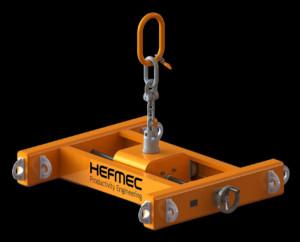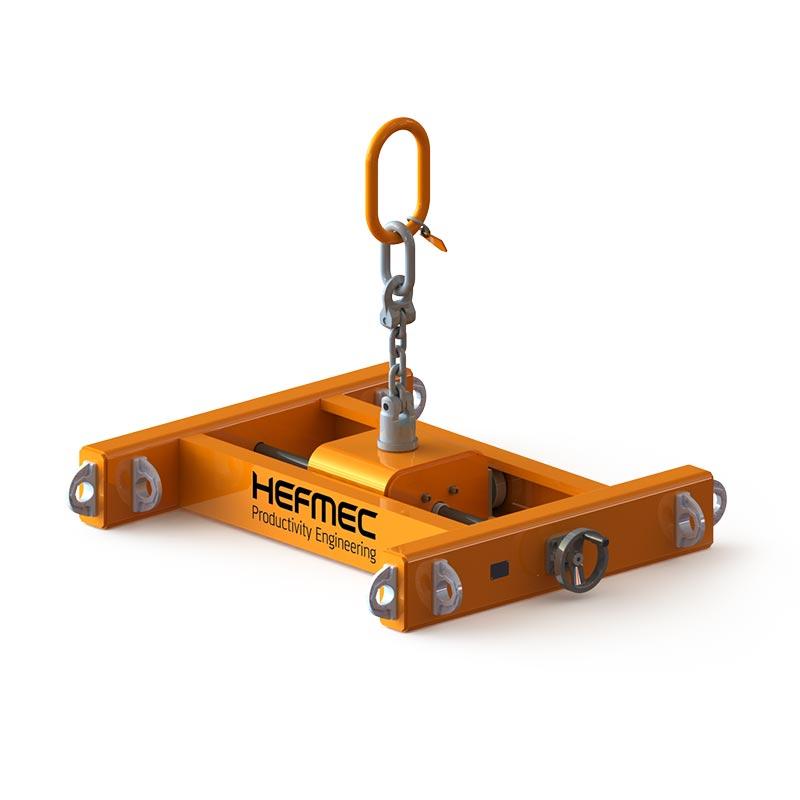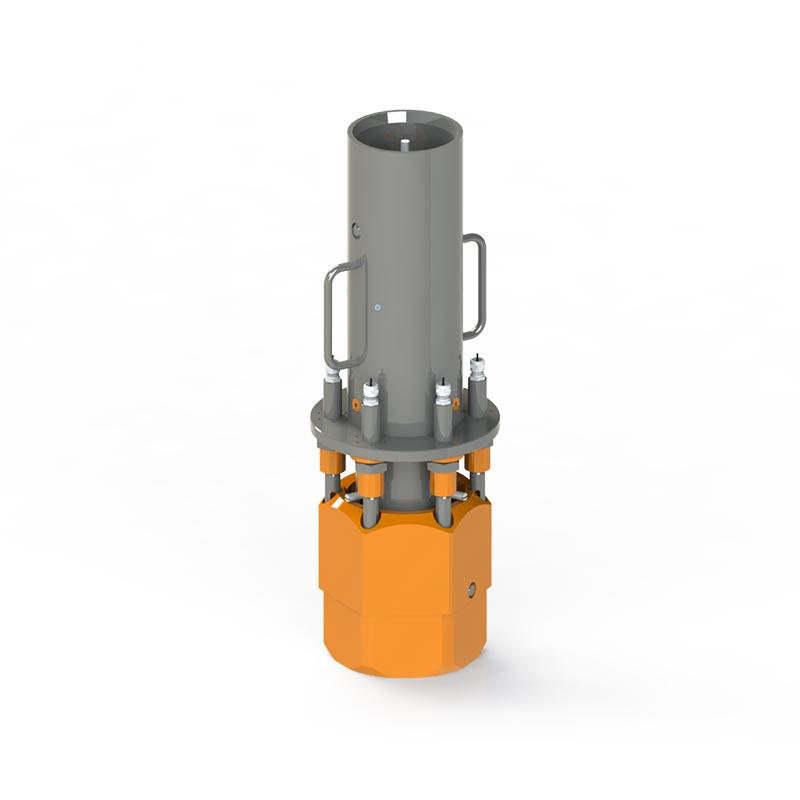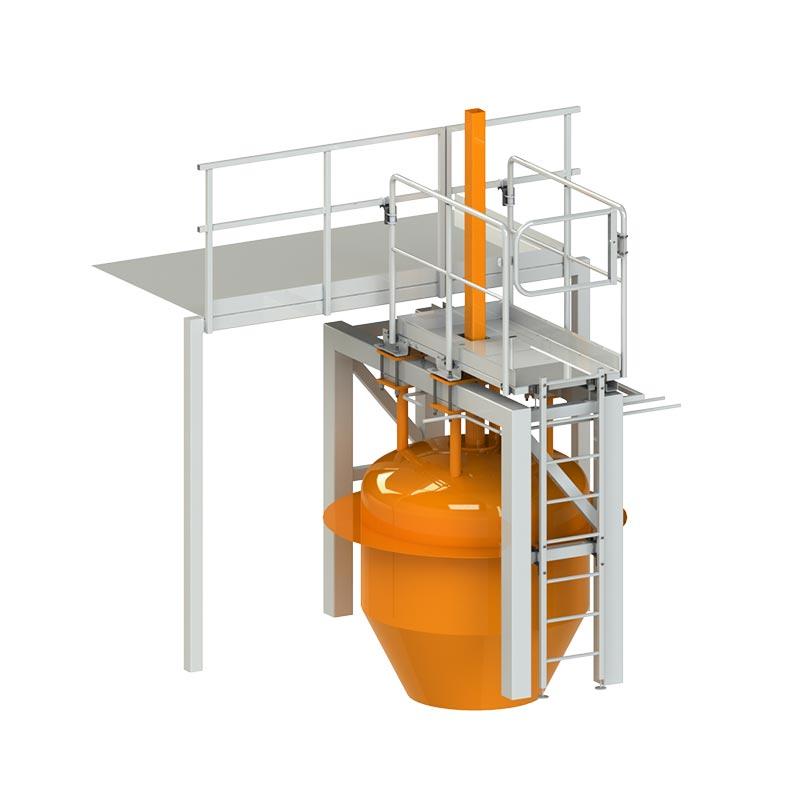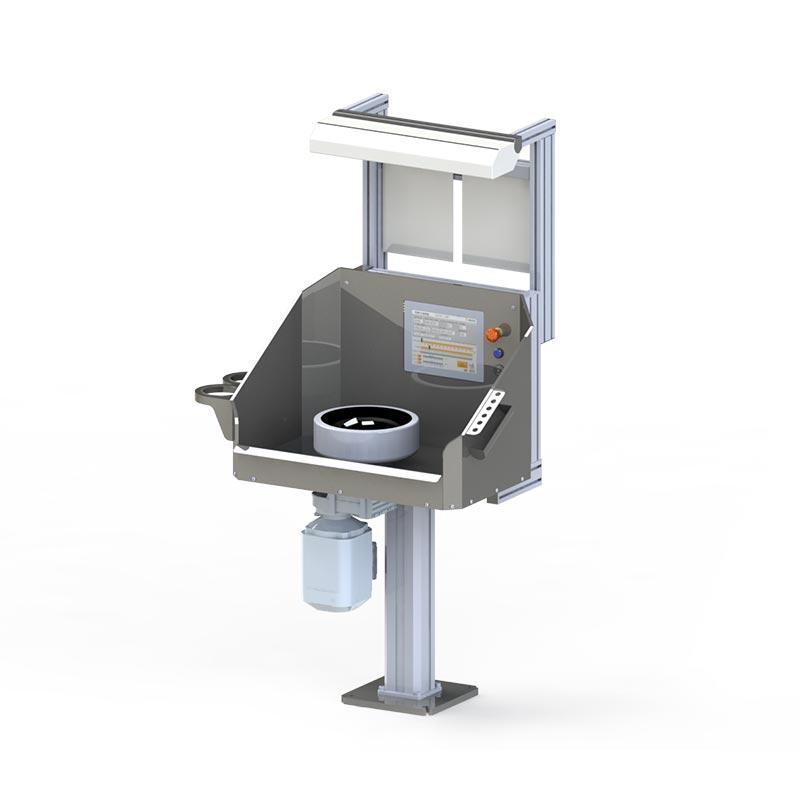Industrial project management is a complex process that requires careful planning, effective communication and constant monitoring. Project management ensures that industrial projects are on time, on budget and meet quality standards. This article discusses the basic principles of industrial project management, the tools and methods used, as well as common challenges and suggested solutions.
Basic principles of project management in industry
Industrial project management is based on a number of principles that guide project planning and implementation. Understanding these principles will help you build a solid foundation for a successful project.
Clear target setting guides the whole project
Each project should have clearly defined objectives that are measurable and achievable. This will help ensure that all parties involved in the project understand what is expected of them and what is being achieved. SMART criteria should be used when setting objectives: they should be specific, measurable, achievable, relevant and time-bound.
In practice, this means that you need to document the outcome of the project in detail. For example, in a plant modernisation project, the objective could be “to increase production capacity by 25% in six months while maintaining the current level of quality”. Such a target provides clear direction and allows you to measure progress.
Resource management determines the success of a project
Industrial projects often require significant resources such as labour, materials and equipment. Effective resource management is essential to ensure that the project proceeds smoothly and cost-effectively. This includes planning, procuring and optimising the use of resources.
When managing resources, you need to take into account both internal and external resources. Internal resources include your own staff, machinery and facilities. External resources can be subcontractors, rented equipment or specialised materials. Make a realistic estimate of what resources you need and when they will be available.
Resource management is helped by capacity planning, where you map the available resources and their load as a function of time. This helps you identify bottlenecks in time and plan alternative solutions.
Risk management protects the project from problems
Industrial projects always involve risks that can affect the project schedule, budget or quality. Risk identification, assessment and management are important elements of successful project management. This requires continuous monitoring and corrective action where necessary.
Start risk management by carrying out a comprehensive risk analysis at the beginning of the project. Identify potential risks and assess their likelihood and impact on the project. Develop at least one contingency plan for each significant risk. For example, if the project depends on the supply of a particular component, find out about alternative suppliers in advance.
Risk monitoring should be integrated into regular project reporting. Review the risk situation on a weekly basis and update risk assessments as necessary. Remember that new risks may emerge as the project progresses.
Project management tools and methods
Industrial project management uses a wide range of tools and methods to help manage different aspects of a project. The choice of the right tools depends on the size of the project, its complexity and the needs of the organisation.
Project management software makes planning more efficient
One of the most common tools is project management software such as Microsoft Project, Primavera or more modern cloud-based solutions such as Asana or Monday.com. These software tools allow you to schedule your project, manage resources and monitor progress.
The project management software helps you create Gantt charts that visualise the dependencies between the project schedule and tasks. You can monitor project progress in real time and identify potential delays in time. The software also allows you to monitor resource loads, helping you avoid overloading and optimise resource utilisation.
Choose the software that suits the size and technical skills of your team. Simpler tools can be effective for small projects, while larger industrial projects benefit from more advanced features.
Lean project management minimises waste
Lean project management focuses on streamlining processes and minimising wasted time and resources. Lean methods help improve project efficiency and quality, which is particularly important in industrial projects where even minor delays can lead to significant costs.
Lean thinking identifies seven main sources of waste: overproduction, waiting, unnecessary transportation, over-processing, excess inventory, unnecessary movement and defects. In the context of a project, these can manifest themselves as unnecessary documentation, waiting for decisions to be made, or rework to correct errors.
Use value stream mapping to map project processes and identify sources of waste. This will help you focus on value-added activities and eliminate unnecessary steps.
Agile methods bring flexibility
Agile project management is also becoming more common in industry. Agile methodologies such as Scrum and Kanban allow for a flexible and iterative approach to project management. This is particularly useful for projects where requirements can change rapidly or where a quick response to new challenges is needed.
In the Scrum method, the project is divided into short sprints, typically 2-4 weeks. At the beginning of each sprint, you plan what you will do, and at the end you evaluate the results. This allows you to react quickly to changes and continuously improve.
The Kanban method visualises the workflow and limits the amount of work in progress. This helps to identify bottlenecks and optimise process flow. Kanban is particularly suitable for continuous processes and maintenance projects.
Challenges and proposed solutions for industrial projects
Industrial projects often face a variety of challenges that can affect the success of the project. Identifying and preventing these challenges will help you avoid the most common pitfalls.
Scheduling challenges and how to solve them
One of the most common challenges is meeting deadlines. Industrial projects are often complex and involve many different phases, which makes managing schedules challenging. The solution is accurate scheduling and continuous monitoring to identify and correct any delays in a timely manner.
Timetable problems are often caused by over-optimistic planning. Add a buffer to the schedule, especially for critical tasks and dependencies. Use historical data from past projects to estimate realistic durations for different tasks.
Make regular timetable checks and update the plan as necessary. Earned Value Management (EVM) helps you track the actual progress of your project against the plan. If you identify delays, analyse the causes and make the necessary corrections.
Communication is important in managing schedules. Make sure all parties involved in the project understand the schedule and their role in delivering it. Organise regular status meetings and use visual tools such as Gantt charts to illustrate the status of the schedule.
Budget management and cost control
Another challenge is budget management. Industrial projects can be expensive and budget overruns are common. This can be avoided by careful cost planning and monitoring. It is important that all project costs, including hidden costs, are taken into account at the planning stage.
Create a detailed budget that includes all cost items: labour costs, materials, equipment, subcontracting, travel expenses and administrative costs. Include a contingency for unexpected costs, typically 10-20% of the total budget.
Monitor your costs regularly and compare them with your budget. Use appropriate cost tracking tools that allow real-time reporting. It is important to monitor both actual and forecast costs.
When you identify a risk of budget overruns, analyse the causes and take the necessary measures. This could mean limiting the scope of the project, finding alternative solutions or finding additional resources.
Quality assurance and standards
The third challenge is to ensure quality. Industrial projects often require high quality, and even small errors can lead to major problems. To ensure quality, it is important to use standardised processes and methods, and to carry out regular inspections and tests at different stages of the project.
Clearly define the quality criteria at the beginning of the project and make sure all parties understand them. Use applicable standards, such as ISO 9001 quality standards or sector-specific standards. Document quality requirements and procedures.
Make quality assurance a continuous process throughout the project. Do not leave quality checks only at the end of the project. Use interim and milestone checks to ensure that quality remains at the target level.
Invest in staff training and make sure your team has the skills to do a quality job. Create a culture where quality issues are openly reported and learned from.
Communication and cooperation in projects
Effective communication is the cornerstone of a successful project. Industrial projects often involve multiple stakeholders, including customers, suppliers, subcontractors and internal teams. A clear communication strategy will help you keep all parties informed about the progress of the project.
Preparing a communication plan
At the start of the project, create a communication plan that defines what information will be communicated, to whom, when and how. Identify the project stakeholders and their information needs. For example, management may want a monthly high-level report, while the technical team needs weekly detailed updates.
Choose the right communication channels for different purposes. Email for formal documentation, instant messaging for quick communication and meetings for complex discussions. Use project management software to share documents and track the status of tasks.
Regular status meetings
Organise regular status meetings to keep your team in sync. The meetings should be effective and focused. Use a structured agenda and focus on the essentials: what has been achieved, what to do next and what are the potential obstacles.
Document the decisions and actions taken in meetings clearly. Send a note to all participants and make sure that the agreed actions are implemented.
Technology and digitalisation in project management
Digitalisation is significantly changing project management in industry. New technologies offer opportunities to streamline processes, improve quality and reduce costs.
Digital tools and automation
Use digital tools to automate routine tasks. For example, reporting can be automated by automatically collecting data from different systems and compiling it into a single report. This saves time and reduces errors.
Use cloud services to enable real-time collaboration and information sharing. Cloud-based project management services allow team members to work together regardless of time and place.
Artificial intelligence and data analytics
Artificial intelligence and machine learning can help project management in many ways. For example, historical data can be used to predict project risks and optimise the use of resources. AI can also help identify patterns and trends that are not easily detectable.
Data analytics enables a deeper understanding of project performance. Collect data from different stages of a project and analyse it to improve future projects.
Conclusions and future prospects
Industrial project management is constantly evolving with new technologies and methods. Successful organisations are those that can combine traditional project management principles with modern tools and methods.
In the future, project management will become more data-driven and automated. Artificial intelligence and machine learning will become increasingly important tools for project planning and monitoring. At the same time, the role of humans will change, with a greater focus on strategic planning and problem solving.
Sustainability and environmental responsibility will become increasingly important factors in industrial projects. Project management must take into account environmental impacts and aim to minimise the ecological footprint.
At Hefmec, we understand the challenges of industrial project management and offer our customers comprehensive solutions in the field of mechanical and production engineering. We have extensive experience in demanding production development projects and engineering and supply projects in mechanical engineering. Our aim is that you feel confident when we take on your project – and when we get down to business, we take responsibility. If you want to improve your production efficiency and need help with project management, contact us.



